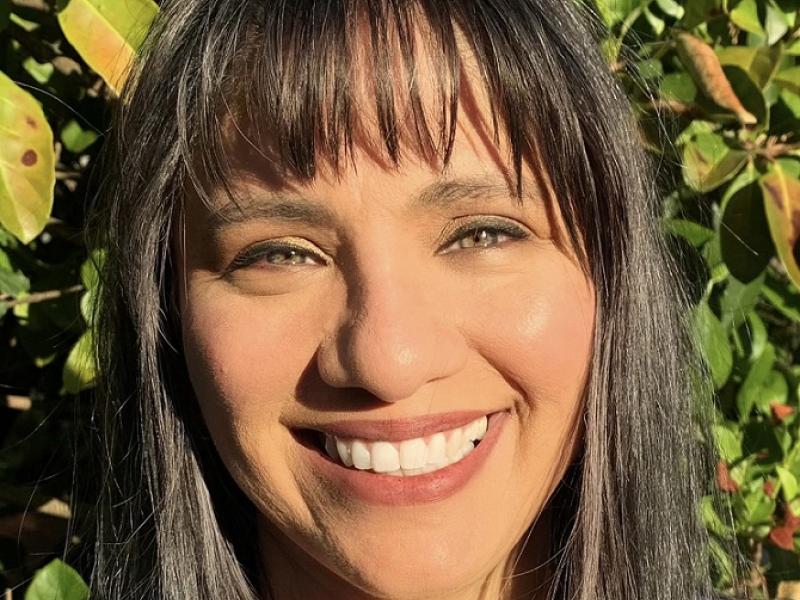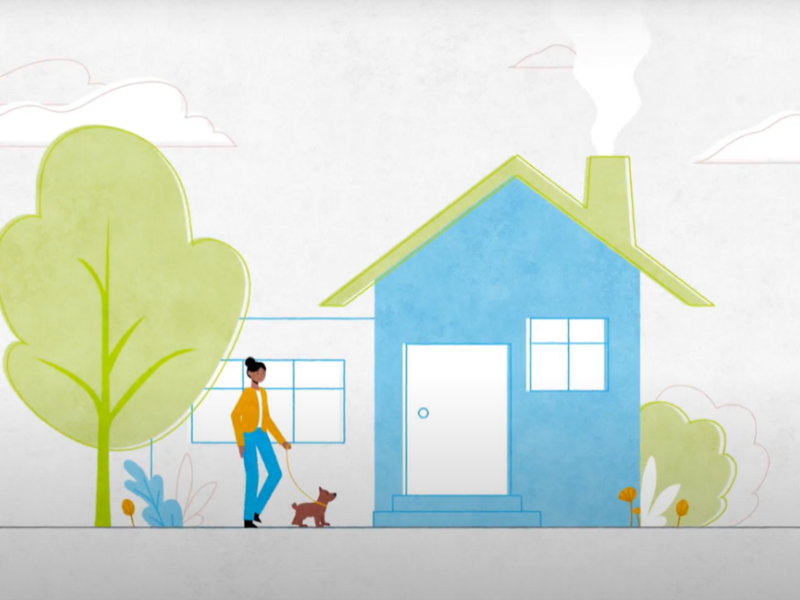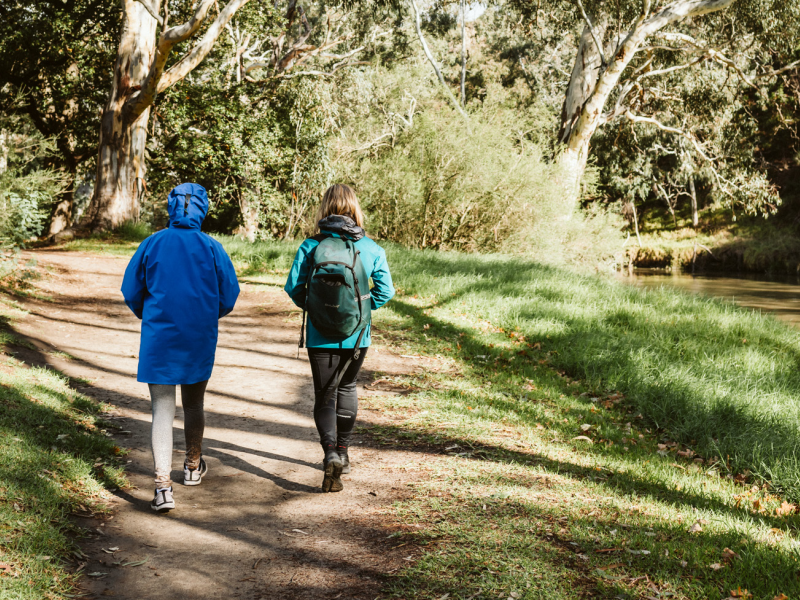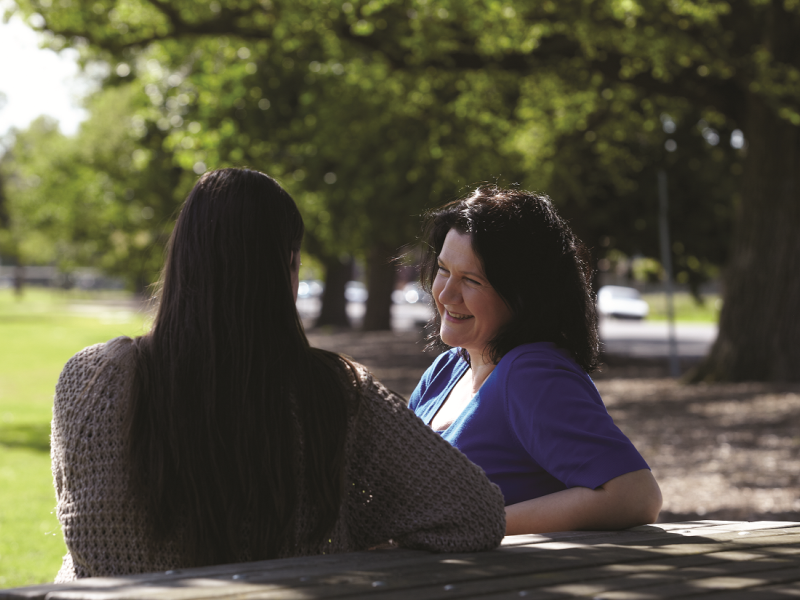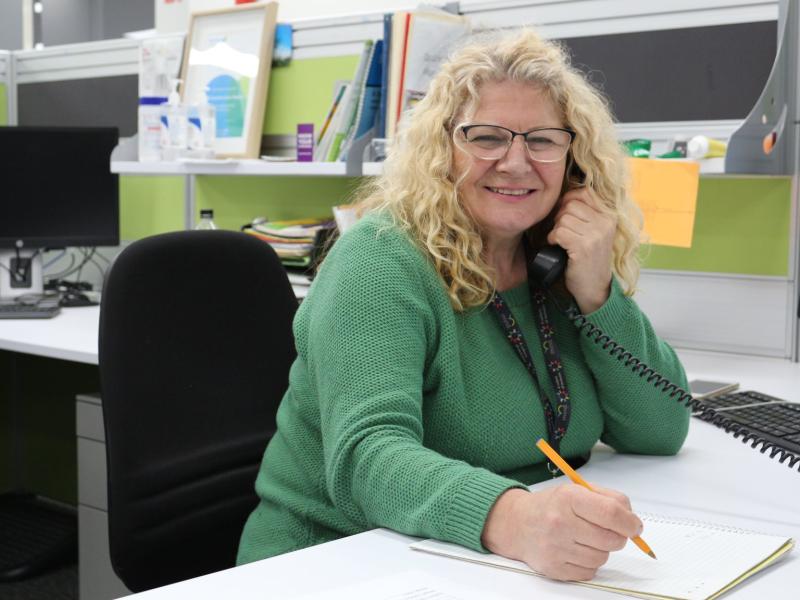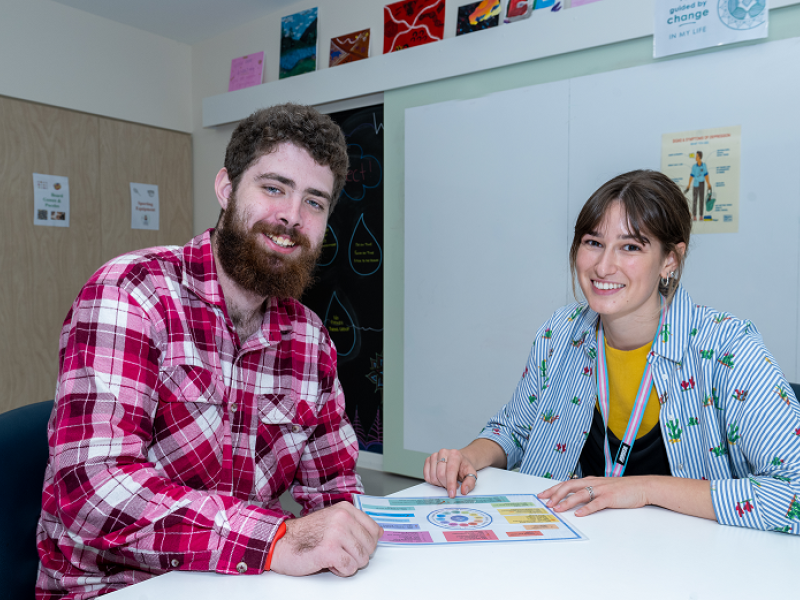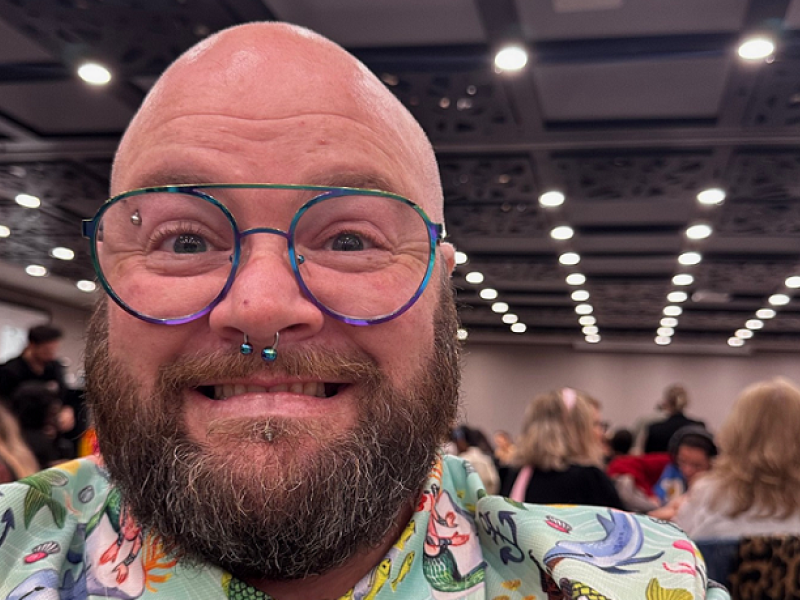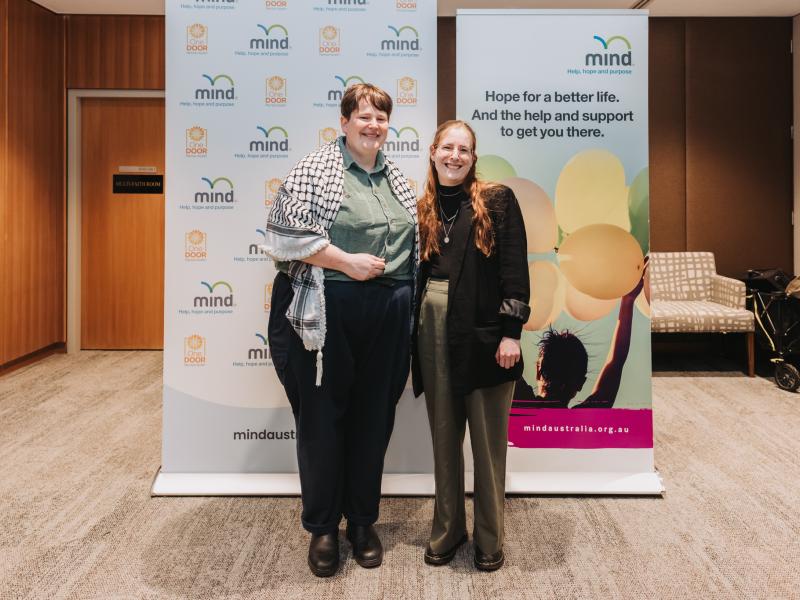Psychologist Kylie Phillips says Mind’s Allied Health services can support people through all sorts of life challenges that cause psychological distress.
Kylie supports people experiencing mental health challenges relating to things like relationship conflict, domestic or family violence, bullying, adapting to major life adjustments or work/education pressure.
“Often these challenges have gone beyond what the person can handle, and they are feeling overwhelmed and unable to cope,” Kylie said.
“I take a person-centred approach and create a warm, safe, and non-judgemental space in which people can relieve their distress and explore their current experiences, concerns, and needs.
“I use evidence-based approaches to help people better understand themselves, identify and use their strengths, develop skills, establish supports, and foster positive change.”
Mind’s Allied Health psychologists provide high quality therapeutic and mental health intervention support to people experiencing mental health challenges, including people with dual disabilities who have complex care needs.
These supports include clinical assessments, diagnosis, interventions and capacity building to help service users achieve their goals, such as symptom and stress reduction, cognitive and behavioural changes, increased ability to cope with life stressors and improved self-esteem, interpersonal relationships, communication skills, boundary setting and quality of life.
Mind’s Allied Health psychology is available via telehealth (throughout Australia) and outreach services in Queensland, Victoria, New South Wales and Western Australia. Kylie says being able to meet people in their homes or in the community creates a safe environment that can enable meaningful connection.
“I think the benefits of this model of service are the convenience and flexibility it offers to both service users and staff members. We can offer a range of support options to people based on their needs on any given day, and adjust accordingly when needed,” Kylie said.
“Through this support, I have seen people make the changes needed to improve their quality of life and how they see themselves, others and the world around them.”
Psychology support is available as part of Mind’s Allied Health service offering, which also includes occupational therapy, counselling and social work. These services are generally for people over 18 years of age who have an NDIS package or relevant private health insurance (depending on the service) to fund their support.
As part of a Mental Health Care Plan, Mind now also offers focused psychological therapies that can be accessed with a referral from your GP. Our team of psychologists can support you with up to 10 sessions via online or telehealth platforms, with a gap fee charged.
Find out more about Mind’s Allied Health services by visiting our website, or call Mind Connect on 1300 286 463.
If this article raises concerns for you, please call Lifeline on 13 11 14. Aboriginal and Torres Straits Islanders can also call 13 YARN (13 92 76) a 24/7 national crisis support telephone service staffed by Aboriginal and Torres Strait Islander peoples.
If you would like more information, please contact us.
1300 286 463
[email protected]
